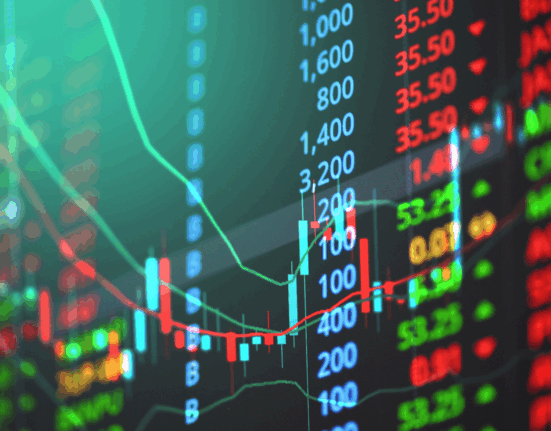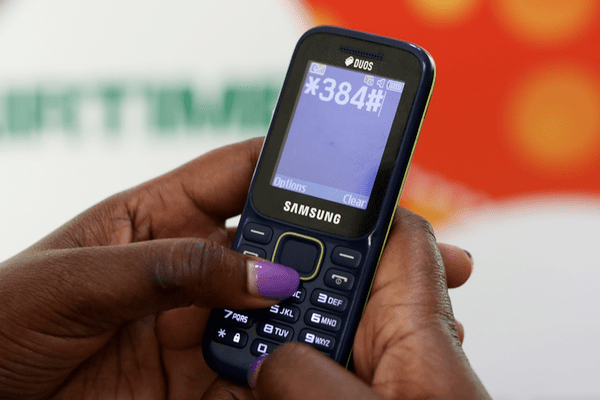After nearly five years of mounting debt and regulatory deadlock, Nigeria’s telecommunications operators are reclaiming control over USSD billing, marking a pivotal shift in the country’s mobile financial infrastructure. Following the settlement of ₦180 billion in outstanding fees owed by banks, telcos like MTN and Airtel have begun migrating banks to a new end-user billing model — one that deducts USSD charges directly from users’ airtime, not their bank accounts.
The announcement was confirmed by Gbenga Adebayo, Chairman of the Association of Licensed Telecommunications Operators of Nigeria (ALTON), who told reporters that 13 banks have fully cleared their debts, while three others are completing their obligations via instalments.
“I would say 95% of the USSD debt has been paid pre-API,” Adebayo said. “This has paved the way for the gradual rollout of end-user billing across all banks.”
💸 A ₦250 Billion Rift Resolved
The move ends years of financial tension between telecom operators and commercial banks, who had relied on USSD infrastructure provided by telcos to power mobile banking services — especially for customers without smartphones or internet access.
While banks charged users for USSD transactions, they repeatedly failed to remit the agreed fees to telcos. By late 2024, the debt had soared to ₦250 billion, sparking concern across the telecom industry.
Despite a 2020 CBN-NCC joint circular mandating a ₦6.98 per USSD session fee payable to telecoms, enforcement remained weak, and banks continued collecting without settling. The fallout reached national attention when a bank executive publicly denied the charges—only for a live demo to reveal deductions from a user’s account immediately after a USSD session.
🔁 How the New Billing Model Works
To resolve the impasse, telecoms, in coordination with the Central Bank of Nigeria (CBN) and the Nigerian Communications Commission (NCC), introduced end-user billing.
Under the new system, users are now charged the ₦6.98 USSD fee directly from their airtime after they agree to a clearly stated prompt that appears before each transaction. This ensures users know the cost before proceeding and empowers them to opt out if they choose.
Additionally:
- Mobile networks can only charge once a bank confirms it’s ready to process the transaction, helping to eliminate failed deductions.
- All telecoms now use a standard message format, enhancing user experience and reducing confusion across different networks.
- Certain USSD services remain free (e.g., airtime top-ups via direct codes like *73710,000#), while menu-based interactions (e.g., *737#) may attract charges.
📲 Why This Matters
For millions of Nigerians who rely on USSD as their main interface with the financial system, the change improves transparency, accountability, and user control. Previously, customers often complained about unexplained deductions and failed sessions. With the new system:
- Users see and approve charges upfront,
- The chance of being charged for failed transactions is greatly reduced,
- There is a standard experience across all mobile networks.
“We expect this to restore trust in USSD-based financial services,” said a telecom insider. “Customers are now more informed, and telcos finally receive fair compensation for their infrastructure.”
⚖️ A Rebalanced Relationship
The update not only enhances user experience but rebalances the power dynamic between Nigeria’s telecom and financial sectors. For years, telcos bore the costs of expanding USSD infrastructure in the name of financial inclusion—only to find themselves underpaid or ignored by the banks profiting from it.
With the ₦180 billion repayment and the end-user billing model now in motion, telecom operators have secured a sustainable and transparent revenue structure.
Migration has already begun with one bank, and more are expected to follow as Service Level Agreements (SLAs) are finalised.
This marks not just a technical change, but a milestone in Nigeria’s digital finance journey—and a sign that clearer, fairer systems are possible when regulators and industry players align.






